Technical
Overview Introduction to the Industrial Valve Industry in Vietnam and its Challenges
31/05/2024
Introduction to Industrial Valve Industry in Vietnam: The industrial valve industry in Vietnam is an important and indispensable part of the national industrial infrastructure. Industrial valves play a key role in controlling the flow of liquids, gases, and vapors in industrial systems. Common valve types include ball valves, gate valves, butterfly valves, pressure reducing valves, pressure regulator valves, and safety valves. These valves are widely used in many fields such as oil and gas, chemicals, water supply and drainage, food and beverage, pharmaceuticals, and energy.
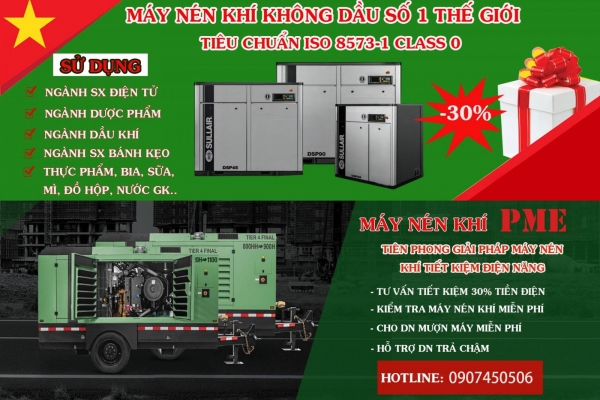
Operation Process of an Air Compressor
01/06/2024
Air compressors are crucial devices in many industries, providing compressed air for various tools and equipment. Understanding the operation process of an air compressor helps ensure the efficiency and longevity of the system. Below is a detailed description of the operation process of a typical air compressor, including its main components and operational steps. 1. Basic Components of an Air Compressor
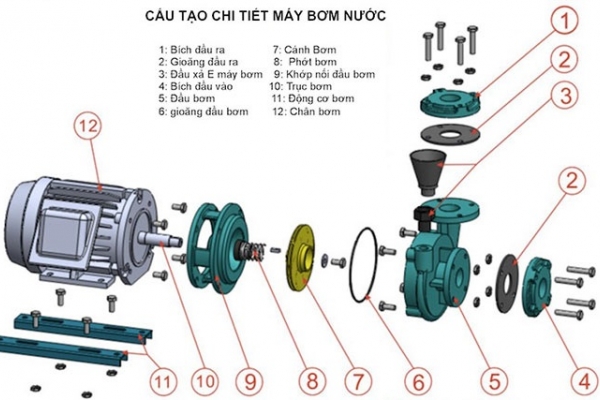
Operation Process of a Pump
01/06/2024
Pumps are vital components in numerous industrial systems, used for moving fluids such as water, chemicals, oil, and other liquids. Understanding how a pump operates is essential for ensuring efficient and reliable performance. Below is a detailed description of the operation process of a typical industrial pump, including its main components and steps involved in its operation.
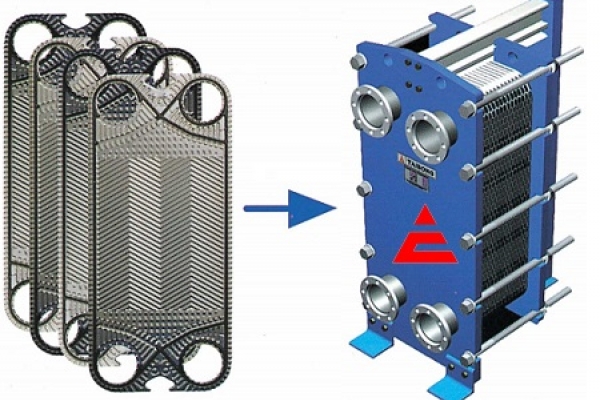
Operation Process of a Heat Exchanger
01/06/2024
A heat exchanger is an essential component in many industrial systems, facilitating the transfer of heat between two or more fluids without them coming into direct contact. Below is a detailed explanation of the operation process of a heat exchanger, including its main components and operational steps.
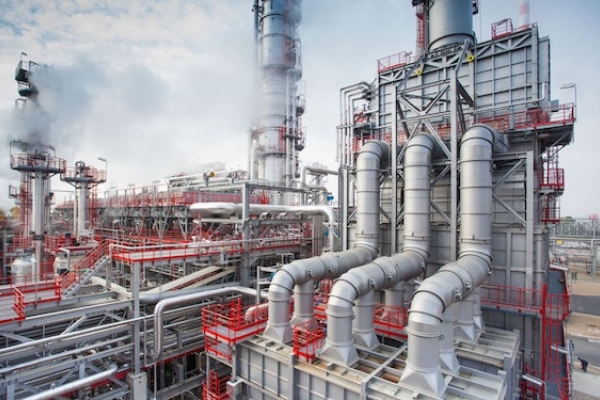
10 Most Important Industrial Equipment in Factories
01/06/2024
Modern industrial factories rely on a range of equipment to maintain high performance and ensure continuous operation. Below is a detailed description of the 10 most important types of industrial equipment, including their functions, applications, advantages, and disadvantages.
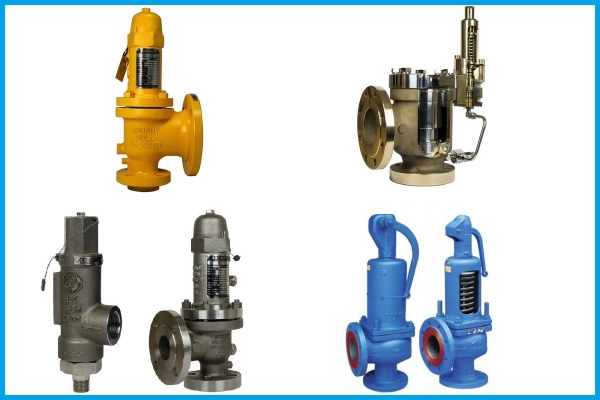
Types of Automatic Valves in the Industrial Valve Industry: Advantages, Disadvantages and Applications
01/06/2024
Automatic valves play an important role in controlling and protecting industrial pipeline systems. Below is an article about common types of automatic valves: safety valves, pressure relief valves, electric control valves, pneumatic control valves, solenoid valves, overflow valves, alarm valves, breathing valves, and valves. emergency discharge. We will analyze the advantages, disadvantages and applications of each type of valve.
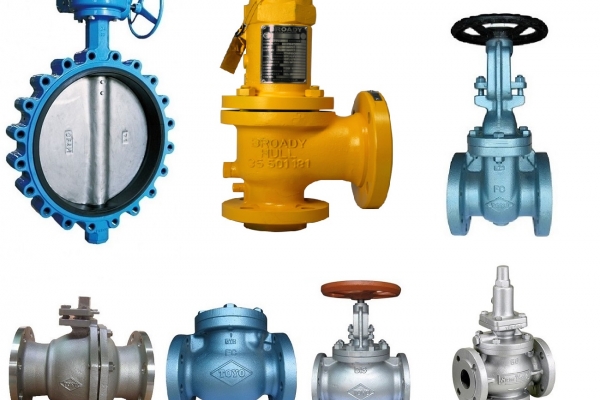
Types of Mechanical Valves in the Industrial Valve Industry: Their Advantages, Disadvantages and Applications
31/05/2024
The industrial valve industry plays an important role in pipeline systems, helping to control and regulate the flow of liquids, gases, and vapors. Below is an article about popular types of mechanical valves in the industrial valve industry: gate valves, globe valves, ball valves, butterfly valves, check valves, Y filter valves, needle valves, angle valves, diaphragm valves, and micro valves. born. We will analyze the advantages, disadvantages and applications of each type of valve.
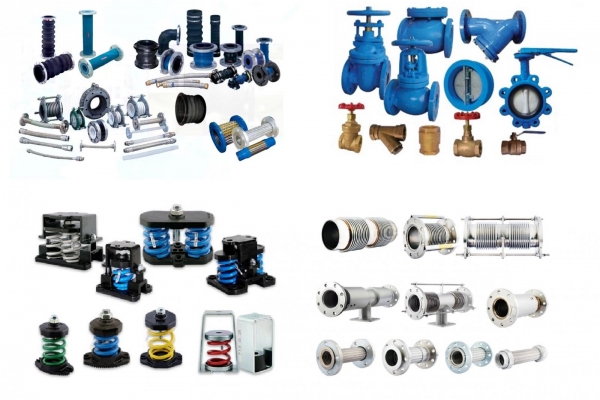
Overview Introduction to the "Flexible Couplings" Industry in Vietnam, Difficulties and Challenges
31/05/2024
Introduction to the Flexible Coupling Industry in Vietnam: The flexible coupling industry in Vietnam plays an important role in industrial and construction piping systems. Flexible couplings are devices used to connect pipe sections, allowing flexible movement and damping, while absorbing vibrations and vibrations from the surrounding environment. Common types of flexible joints include metal flexible joints, rubber flexible joints, and plastic flexible joints. They are widely used in industries such as oil and gas, chemical, water and wastewater treatment, food and beverage, and energy.
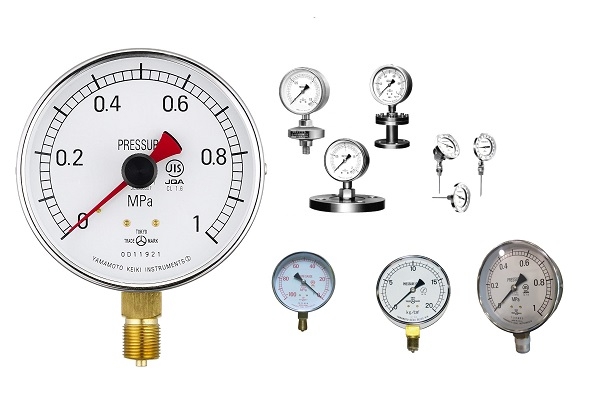
Overview of Yamamoto Pressure Gauge Manufacturer from Japan
15/05/2024
Yamamoto is a leading Japanese manufacturer specializing in pressure gauges and other pressure measurement devices. With decades of experience and a commitment to quality, Yamamoto has established a strong position in the international market. History and Mission Founded in the mid-20th century, Yamamoto has continuously grown over the years. With a mission to provide precise and durable pressure measurement devices, Yamamoto always prioritizes customer satisfaction and product quality. The company focuses on developing advanced technologies to meet the stringent demands of the market. Main Products Yamamoto offers a wide range of pressure measurement products, including:
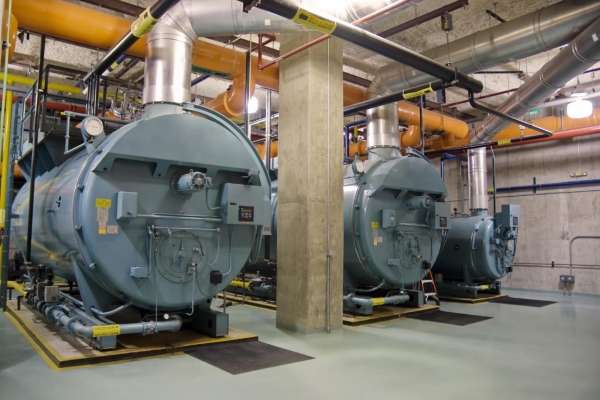
Operating Principle of a Boiler
14/05/2024
I./Operating Principle of a Boiler and Safety Measures Operating Principle of a Boiler A boiler, also known as a steam generator, is a device that converts water into steam using heat generated from fuel combustion. This steam is then used for various industrial purposes such as heating, power generation, and running machinery. Below is a basic overview of how a boiler operates: Fuel and Combustion System: Fuel: Fuel, which can be coal, oil, gas, or biomass, is fed into the boiler's combustion chamber. Combustion: The fuel is burned in the combustion chamber, generating heat. This process requires a supply of air or oxygen to sustain combustion. Heat Transfer: Direct Heat Transfer: The heat generated from combustion is directly transferred to water through the heat exchange surfaces of water tubes or steam pipes. Convection and Radiation Heat Transfer: Heat is also transferred via radiation from the flame and convection from the combustion gases.
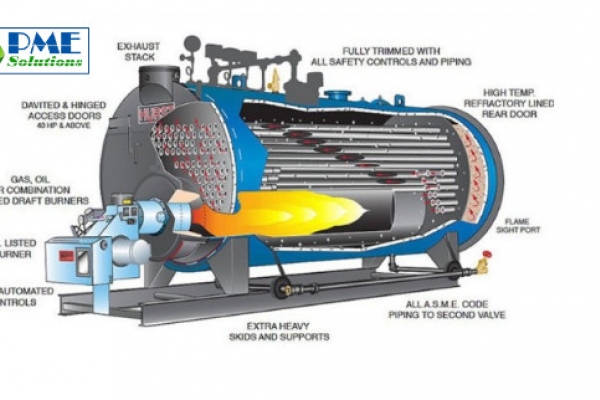
Boiler operating principles and safety protection
23/11/2023
This article will give readers more understanding about the structure and operating principles of boilers, thereby helping readers find solutions to save raw materials and protect the safety of the boiler system. I. Operating principle of the boiler 1. What is a boiler system? Industrial boiler systems, also known as steam boilers (Steam Boiler in English), use fuels such as coal, firewood, drums, oil, gas... to boil water to create high-temperature hot steam and great pressure. This amount of heat energy will be used to serve heat needs in many different areas. 2. Operating principle of industrial boiler? When water is sucked or pumped circulated into storage tanks and boilers. At that time, the internal heater will burn the fuel to a maximum temperature of 20000C. Then, the heater stops burning and the water will begin to evaporate to form hot steam. The heat created will be sent through pipes to deliver heat to the devices that need it.









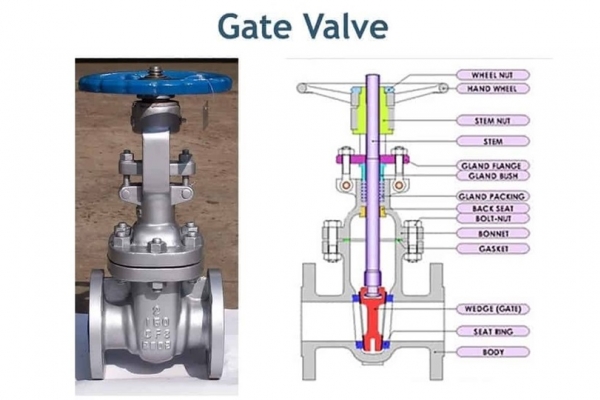
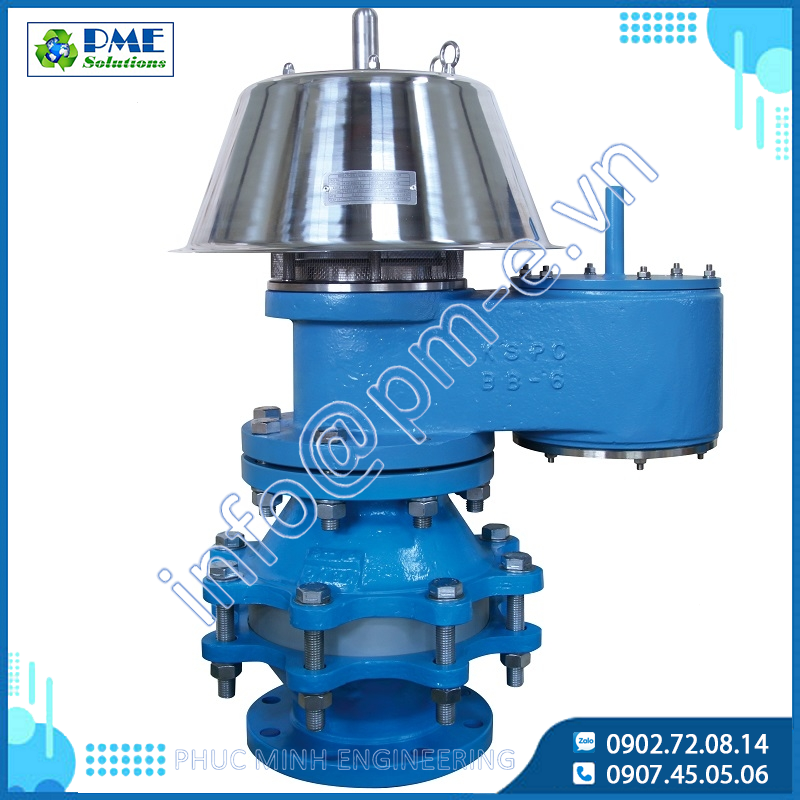
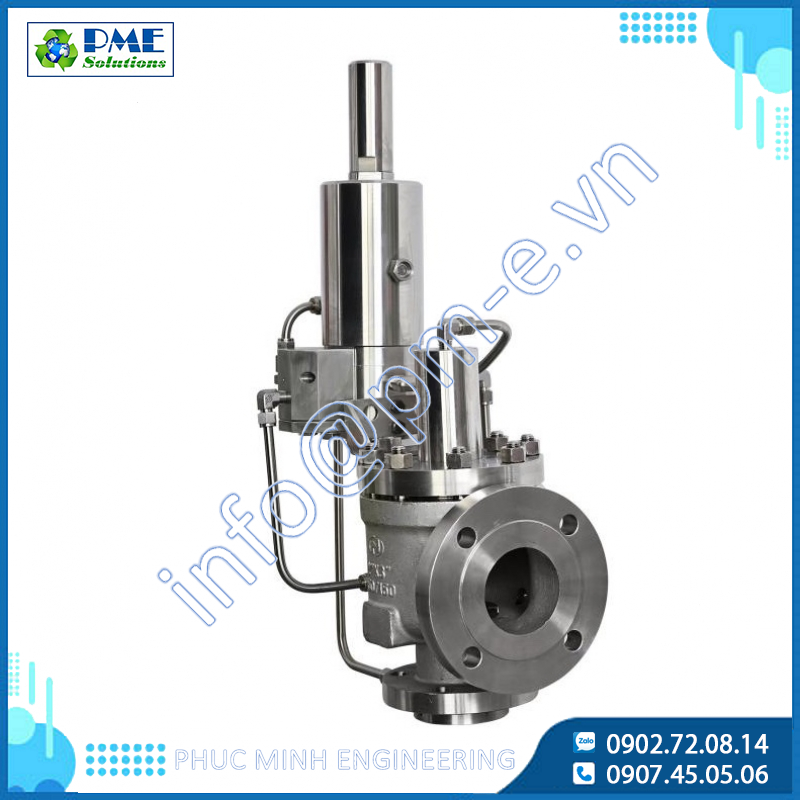
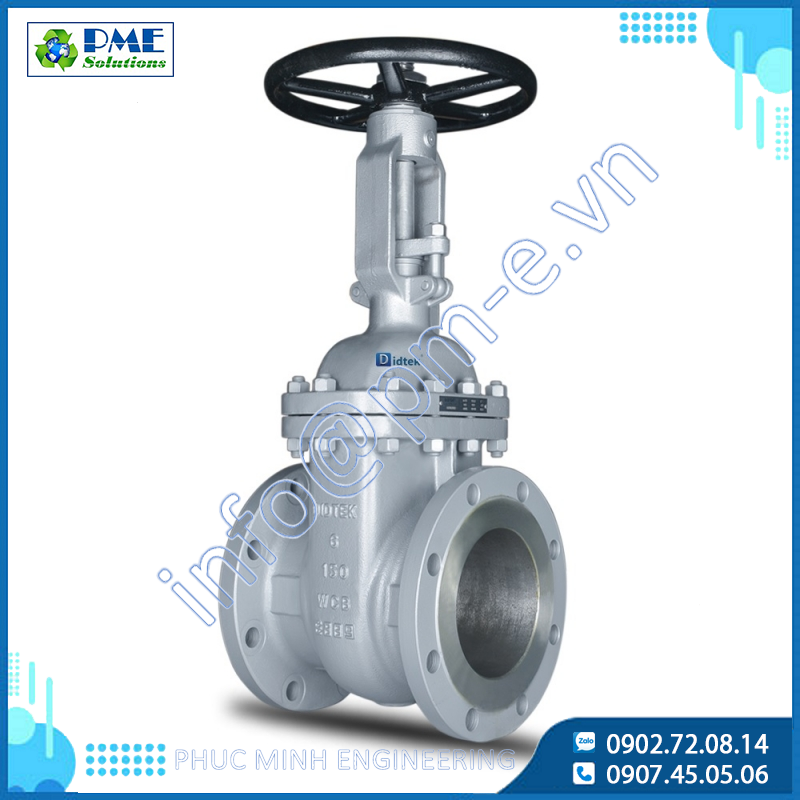
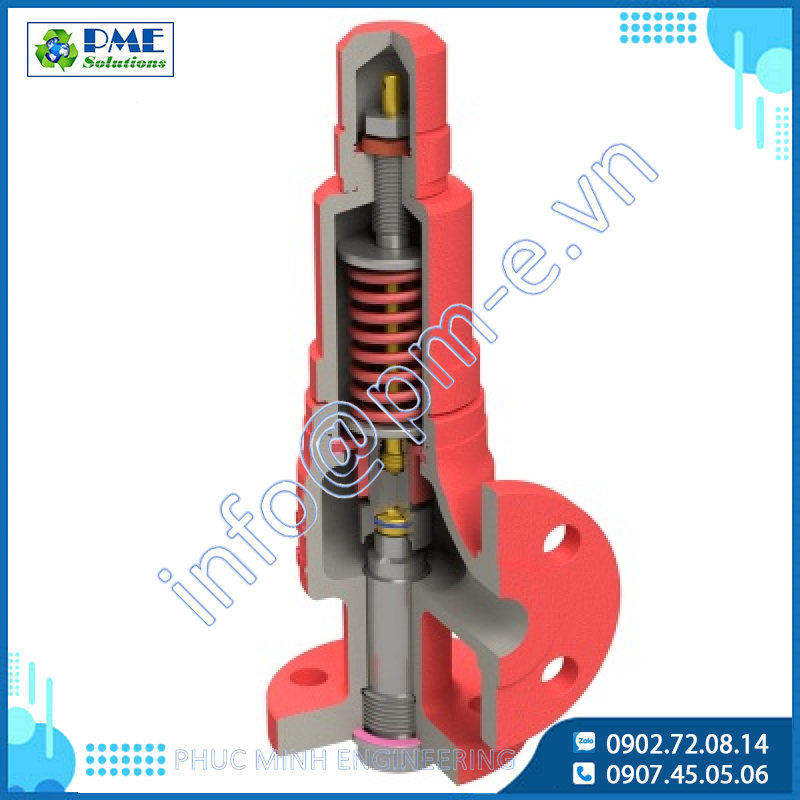
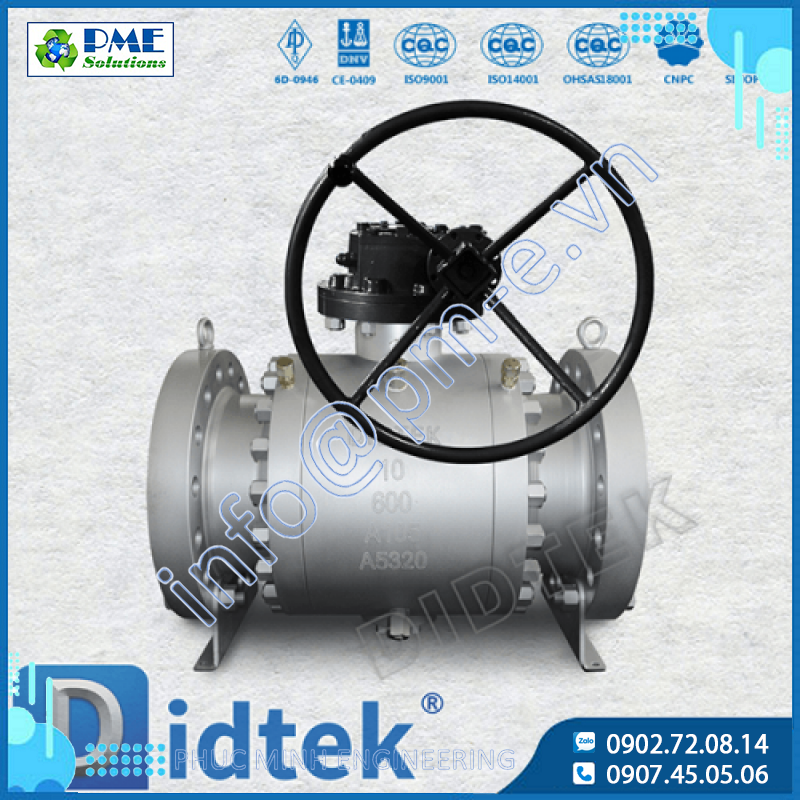


.png)






